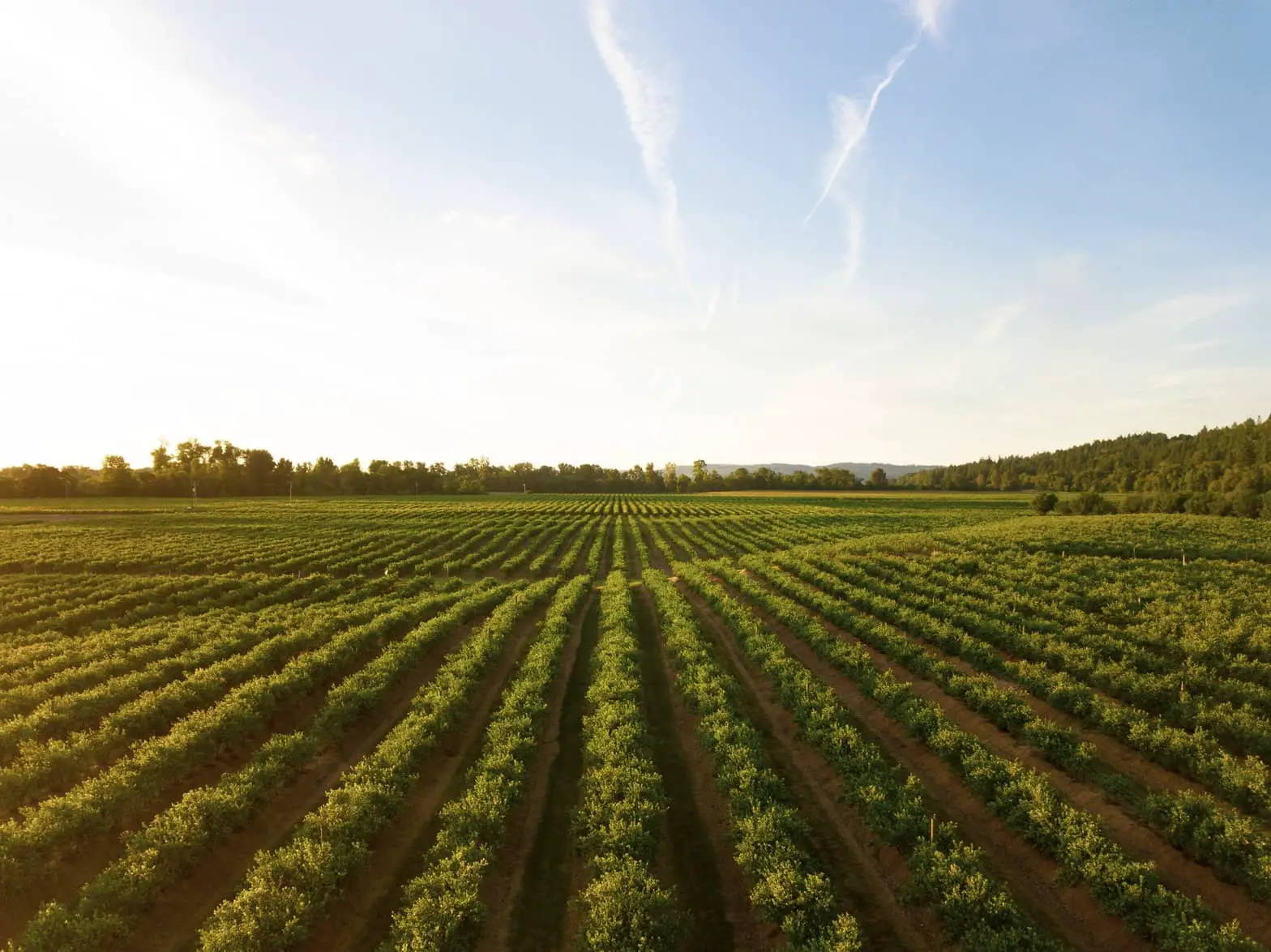The All-Party Parliamentary Group (APPG) on the Rural Powerhouse has published a report on how to level up the rural economy.
It follows one of the most comprehensive inquiries ever to be conducted by a parliamentary body into its health.
Evidence from over 50 organisations
The APPG took evidence from over 50 industry bodies, charities, campaign groups, companies, academics, and business leaders.
The report concluded that no government in recent memory has had a programme to unlock the economic and social potential of the countryside.
This has resulted in the rural economy being 18 per cent less productive than the national average – a gap that, if reduced, could add £43bn to the UK economy.
Findings from the report
Findings from the report included:
- A broken planning system has failed those who live and work in rural areas.
- Defra lacks the policy levers necessary to make a significant change to the rural economy.
- Lack of skills provision is causing rapid ‘brain drain’ in rural areas.
- Urgent action is required to address labour shortages and supermarkets’ price-setting powers.
- Government is backing away from commitments to provide everyone with full-fibre and 4G.
- The tax system disincentivises business investment and diversification.
Sturdy: Sets out a comprehensive growth plan
Co-Chair of the APPG on Rural Business and the Rural Powerhouse and MP for York Outer, Julian Sturdy, said,
“This report sets out a comprehensive growth plan, one that will create jobs, spread opportunity and strengthen small towns and villages across the country.
“We recognise the unique set of challenges that the Government is facing at the moment, but this makes the need to grow and strengthen the rural economy more, not less, important.”
Dillington: An economic blueprint
Co-Chair of the APPG on Rural Business and the Rural Powerhouse, Lord Cameron of Dillington, said,
“It is vital that government understands that rural Britain is not a museum, but instead is an important part of the national economy that deserves the chance to succeed.
“The report provides an economic blueprint that will help any Government seize the capabilities of the countryside and create the long-term economic growth necessary to boost/enrich/enhance our rural communities – in a cost-effective and timely manner.”
Tufnell: Can no longer afford to ignore the potential of the rural economy
Mark Tufnell, President of the Country Land and Business Association (CLA), which represents thousands of farmers, landowners and rural businesses, said,
“The country can no longer afford to ignore the potential of the rural economy and the prospects of the millions of people who live within it. Rural businesses are ready to expand, creating good jobs and opportunities for people from all walks of life – but a lack of interest from government is holding them back.
“Homes are often unaffordable for local families. Well-paid jobs can be scarce. And broadband can be painfully slow. All this means leads to an exodus of talented people who are too often forced to move to more urban areas.”
Omissions in Levelling Up white paper
The report findings were further compounded by the launch of the Government’s Levelling Up white paper, which made no mention of creating prosperity and economic growth in rural communities and did not include any specific policies to create it.
The lack of ambition from the UK Government is leaving it facing political consequences.
Changing political voting patterns
A recent poll commissioned by the CLA highlighted changing political voting patterns in rural areas. In the previous general election, 46 per cent of correspondents voted Conservative.
Voter intention is now 36 per cent Labour and 38 per cent Conservative, representing a 7.5 per cent swing. The two parties are now neck and neck ahead of the local elections.
The APPG report is intended to serve as an economic blueprint for the countryside. Recognising the impact of the pandemic on the nation’s finances, most of the recommendations are low-cost, requiring only a change in policy – and, in many cases, a change in how the government thinks about the countryside.
Key reforms needed
Key policy reforms to boost rural productivity include:
- Planning – the National Planning Policy Framework (NPPF) must prioritise small-scale, incremental development in rural areas, particularly those with populations under 3,000, with a focus on affordable housing.
- Whitehall – a ministerial-led, cross-departmental working group with the specific mission of developing and implementing measures to boost rural productivity must be established, the rural proofing policy must be reformed and strengthened, and Defra’s objectives must be re-examined, with rural productivity now included in its remit.
- Farming – to alleviate labour shortages, the Seasonal Workers Pilot should be extended and the number of visas available increased from 30,000 to 80,000, and address low pricing in supply chains by implementing the Agriculture Act 2020’s regulations to limit the influence of major supermarkets.
- Tax – simplify the tax system for diversified businesses through the Rural Business Unit (RBU), which would allow rural businesses to make their own decisions, reduce bureaucracy, increase tax collection for the Exchequer, and would remove hurdles to the growth of new business ventures.
- Connectivity – DCMS and the industry must produce an accessible roadmap for the 15% hardest-to-reach houses, with tangible targets for those left behind.
- Skills – the government must provide vouchers for rural enterprises to stimulate demand for business, technical, and environmental training, and build a natural capital skills strategy to identify skills shortages and how to close them.
For more information about the CLA and its work, visit the Website and follow @CLASouthEast on Twitter.
News shared by Michael on behalf of Country Land and Business Association. Ed
Image: Dan Meyers under CC BY 2.0





